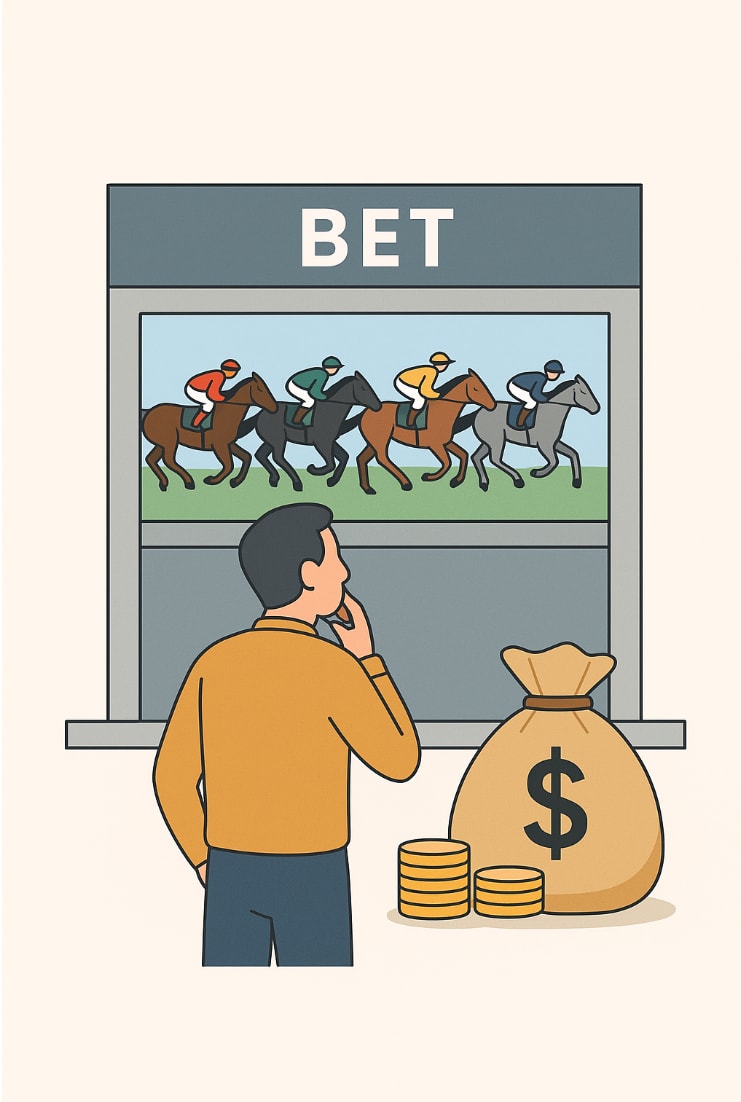The Semi-Rational Militar Firefighter
LessWrong Context: I didn’t want to write this. Not for lack of courage, I’d meme-storm Putin’s Instagram if given half a chance. But why? 1. Too personal. 2. My stories are tropical chaos: I survived the Brazilian BOPE (think Marine Corps training, but post-COVID). 3. I’m dyslexic, writing in English (a crime against Grice). 4. This is LessWrong, not some Deep Web Reddit thread. Okay, maybe a little lack of courage. And yet, something can be extracted from all this madness, right? Then comes someone named Gwern. He completely ignores my thesis and simply asks: "Tell military firefighter stories." My first instinct was to dismiss him as an oddball, until a friend told me I was dealing with a legend of rationality. I have to admit: I nearly shit myself. His comment got more likes than the post I’d spent years working on. Someone with, what, a 152 IQ wanted my accounts of surviving bureaucratic military hell? And I’m the same guy who applies scientific rigor to Pokémon analysis? I didn’t want to expose my ass in LessWrong, but here we are. So, I decided to grant his request with a story that blends military rigidity with... well, whatever it is I do. Firefighter Context: Brazilian military firefighters are first and foremost soldiers. Their training is built on four pillars: first aid, rescue, firefighting, and aquatic survival. We were in the jungle, undergoing a rescue training exercise with no food, alongside the BOPE, Brazil’s elite force, notorious for their grueling training and for carrying a skull-and-dagger emblem. Wherever they go, they shout their motto: “Knife in the skull!” The Knife: After a week without food, they released animals into the jungle. The female recruits had to hunt, and they managed to kill a rabbit with a single clubbing blow, its eye popped out. Then they turned to me: “Brito! Are you ‘knife in the skull?’” “I’m knife in the hose, sir!”

